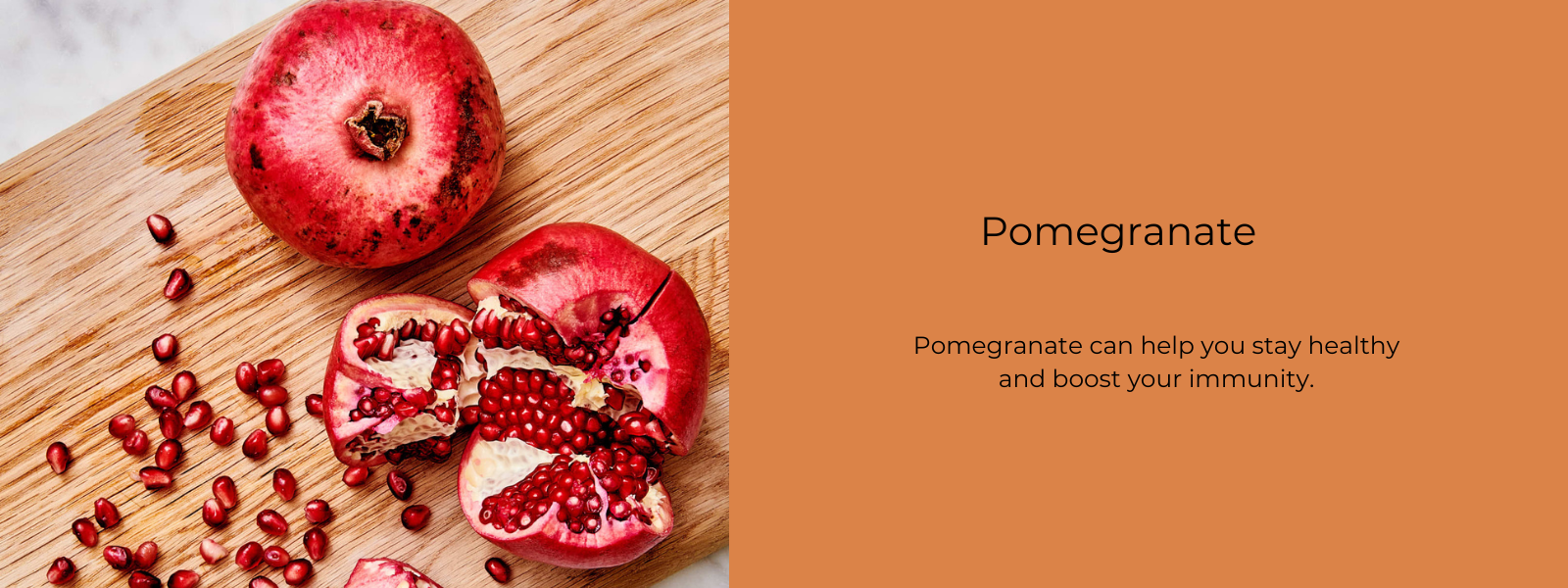An apple a day keeps the doctor away! It is the most popular fruit. It is the fruit that introduces everyone to the world of alphabets. Apples include a variety of elements, including vitamins, dietary fibre, antioxidants, and antioxidants. Apples' diverse nutrient composition suggests that they may benefit health in a number of ways.
Table of Contents
What are apples?
Apples are members of the Rosaceae family, with the scientific name Malus domestica Borkh. Apples are primarily grown in Asia and Europe, but they may thrive in any temperate region. The Himalayan India, Pakistan, China, Asia Minor, and Central Asia regions are where the native species of the genus Malus were first discovered.
One of the fruits with the greatest nutrients can be the apple. It includes bioactive chemicals that are good for human health and may boost immunity and stress resistance. Apples are a healthful fruit, as the saying "an apple a day keeps the doctor away" says.
Nutritional value of apple fruit:
Apples that are still in their original, skin-on form have more nutrients, including vitamins like riboflavin, thiamine, B6, vitamin K, and other antioxidants.
Difference between apple juice and apple cider:
When raw apples are crushed and pressed to remove the liquid, cider is created. It is not filtered and is offered for sale pasteurised or not. As a result, the cider appears hazy since it has pulp and silt in it. Compared to apple juice, it is more acidic and has more flavonoids.
Apple juice has been pasteurised and filtered to remove particles, extending its shelf life. Sometimes, sugar is included. Apple juice often has a consistent sweet flavour because the sour and bitter flavours from the natural apple flavonoids may be eliminated during filtration.
Can you eat apple seeds?
Small amounts of cyanide are present in apple seeds. If consumed in excess, cyanide poisoning could result. So refrain from consuming apple seeds.
Ways to use apple fruit:
Except for the seeds, the entire fruit is edible.
- Apples are consumed in a variety of ways, including as raw fruit, fermented ciders and juices, wine, vinegar, jams and jellies, compotes, tea, and applejack, as well as when they are combined with sugar and other sweeteners in recipes.
- Apple produces scrumptious cakes, apple pie, nectars, sauces, and other sweet treats.
- Apple peel can be used in food as an emulsifier, stabiliser, and gelling and thickening agent.
- Apple peels are used to extract colourful pigments that are then utilised as culinary colouring.
- Apple extracts are used to make certain commercially available nutrition pills and apple soft capsules.
Health benefits of apple fruit:
- Maintains healthy, white teeth
While apples won't replace your toothbrush, swallowing and chewing an apple promotes saliva production in the mouth, which prevents bacteria growth and tooth damage.
- Lowers the chance of developing diabetes Apples are rich in soluble fibre, which is the key to maintaining stable blood sugar levels. A study found that persons who consume at least one apple per day have a 28% lower risk of type 2 diabetes than those who do not.
- Maintains heart health
High soluble fibre consumption has been associated in recent study to a slower buildup of cholesterol-rich plaque in the arteries. Quercetin and epicatechin, two phenolic chemicals found in apple skin, help maintain normal blood flow by preventing cholesterol buildup on artery walls.
- Prevents the development of gallstones
Gallstones form when the gallbladder's bile solidifies as a result of too much cholesterol. Doctors advise a high-fibre diet that includes apples to help you control your weight and cholesterol levels to prevent gallstones. Apples are among the finest options for avoiding gallstones because of their high fibre content.
- Treats diarrhoea and constipation
Due to their high fibre content, apples can aid in the relief of both constipation and diarrhoea. The pectin fibre in apples can either pull water out of your colon to keep things moving along or absorb excess water from the stool to slow down the bowels.
- Manages Irritable Bowel Syndrome
Constipation, bloating, stomach soreness, and diarrhoea are symptoms of irritable bowel syndrome. Apple is a good option for treating the symptoms because of its high fibre content.
- Helpful For Losing Weight
Apple filling benefits from high water and fibre content. The high satiety value of apples helps people consume fewer calories and keep their stomachs full, which helps them maintain a calorie deficit that finally results in weight loss.
- Protects against haemorrhoids
A bulging vein in the anal canal is referred to be a haemorrhoid in this scenario. Although not life-threatening, the illness can be uncomfortable. Excessive pelvic and rectal tension is the root cause. Consuming soluble fibre relieves constipation, which eases pressure. Apples help to relieve haemorrhoids by maintaining a healthy digestive tract.
- Cleans the liver
Toxins must be removed from the body through the liver. The majority of specialists are sceptical about trendy detox diets and believe they may cause more harm than good. Fortunately, a fruit like an apple is one of the best - and simplest - meals you can eat to help detoxify your liver. Apples are abundant in polysaccharide pectin, a soluble fibre that aids in the body's removal of toxins and bad cholesterol. Malic acid is a naturally purifying nutrient found in apples that helps to eliminate pollutants from the body.
- Helps to avoid cataracts
While the body of prior research on this topic is fragmented, new long-term data indicate that those who eat a diet high in fruit and foods strong in antioxidants, such as apples, have a 10%–15% lower risk of developing cataracts.
- Boosts immunity:
Quercetin is an antioxidant that is abundant in red apples. Recent research has shown that quercetin helps strengthen and support the immune system, especially during times of stress. One of the most unexpected advantages of eating apples for health is this.
FAQs on Apple Fruit:
Q: How do apples benefit our bodies?
Ans: Apples have the ability to keep our bodies healthy and free of numerous metabolic problems because they are high in soluble fibre and antioxidants.
Q: How many apples should a person consume each day?
Ans: You can eat two to three servings of apples every day to get the most health advantages.
Q: Can you eat apples at night?
Ans: Apples and any nut butter can be eaten as a snack or as a late-night food option at any hour of the day. The fibre and protein combo will curb cravings and prevent binges in the wee hours. These increase our metabolism, aid in weight management, and strengthen our immune systems.
Q: How nutrient-dense is apple skin?
Ans: The apple peel contains the majority of the nutrients and antioxidants. Therefore, eating the entire apple is better for your health. To acquire the benefits of the nutrients under the skin, it is also important to choose organic apples or apples without wax.











Leave a comment